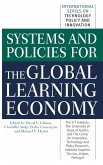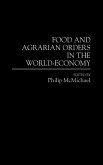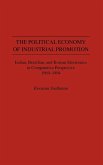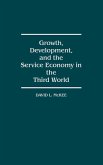The end of the Cold War in 1989 gave rise to hopes for a new, more peaceful international system and for the redirection of military expenditures-over one-half of annual U.S. federal discretionary spending-toward education and health care, renewing the nation's infrastructure, environmental mitigation, and alternative energy sources. At the beginning of the 21st Century, U.S. military spending remains stuck at 85% of the Cold War average. Why? As Accordino explains, at the federal level, the Iron Triangle comprised of the Pentagon, defense contractors, and a conservative Congress maintained defense spending at Cold War levels, encouraging contractors to stay focused on defense. When some procurement cutbacks and base closures occurred, growth interests recruited lower-wage branch plants, sports, and entertainment facilities, rather than supporting the hard work of defense conversion that creates higher-paying jobs. Nevertheless, some defense contractors and community interests did embrace conversion, showing remarkable potential. Of particular interest to scholars and researchers involved with urban and regional planning, public administration and local politics, and regional economic development.
Hinweis: Dieser Artikel kann nur an eine deutsche Lieferadresse ausgeliefert werden.
Hinweis: Dieser Artikel kann nur an eine deutsche Lieferadresse ausgeliefert werden.








